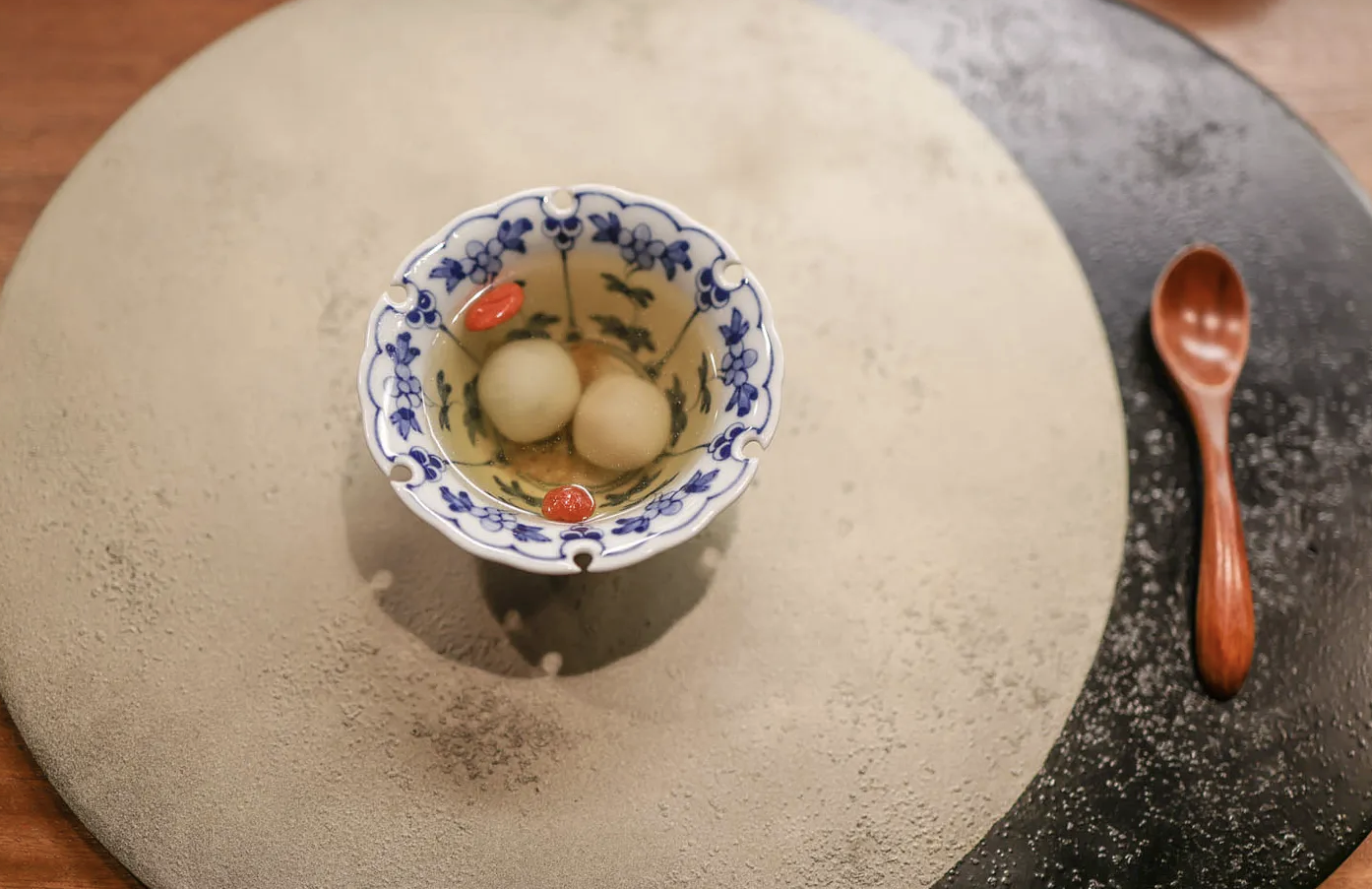When drink historian and Esquire columnist David Wondrich speaks about drink, you listen… or read, as the case may be. His latest book Punch, which releases on 11/2, is the first of its kind on the glories and history of the punch bowl. I had the privilege of speaking with Dave over the phone from his home in NY. He answered the question, “Why punch?” Or, to quote his book, what makes punch “necessary”?
 Dave deems punch, “The great social beverage of all time… now more than ever we need beverages that promote friendship.” He also calls punch “more gentle than cocktails”, its preparation “easy and utterly pleasurable.”
Dave deems punch, “The great social beverage of all time… now more than ever we need beverages that promote friendship.” He also calls punch “more gentle than cocktails”, its preparation “easy and utterly pleasurable.”
It becomes readily apparent: the punch bowl is communal, ideal for a group or festive gathering, less laborious than individual cocktails and a hell of a lot more fun. Or as Dave states in the book’s Preface: “Most of Punch’s stories are of warm fellowship and conviviality and high-spirited gatherings afloat on oceans of witty talk”, not to mention a few “battles and brawls.”
We’re not talking about “frat juice” or fizzy, sweet flowing bowls here. We’re talking honest-to-God punch: boozy, delicious, layered with citrus, raw sugar, varying spirits. The book starts with a comprehensive history, who drank punch, and where. He mentions the book “started as a big chunk cut out of [his first book] Imbibe!”, which he expanded on.

Dave Wondrich (photo source: www.astorcenternyc.com)
The convivial punch houses of yore sound so appealing, I ask Dave if he envisions their return to modern day? “I certainly hope so.” Besides Rickhouse here in SF, some of his favorite bars for punch around the globe include Hix in London, Brooklyn’s Clover Club (a dangerously close distance from his home), and Manhattan’s Death & Co. He’s also says he’s a fan of Savoy Cocktail Night at SF’s own Alembic (hear, hear!)

Gorgeous Le Grand Punch at private Benedectine party w/ ice orb
Ever the thorough historian, Dave uncovers punch’s roots – like most classic drinks, the original creator isn’t known, though there are countless early references. One of his strongest sources is Google Books, where he digs up old newspapers, pamphlets and rare books before he then might cross reference in the libraries of New York or London. Another research source? “I am trained as an academic so I have a lot of 1600’s books… I start with a lot of blank space and start to fill that in, using every kind of source possible… I’ll track down the original source, and don’t settle for first mention.”
I asked if he’d ever write the book he wishes existed (mentioned on page 6 of Punch): a detailed source on distilling, its origins, history and importance. He says it’s a project “too big for any one person to bite off unless they have all the time in the world and know multiple languages,” but he “could tackle parts of it” in collaboration with others. He surmises it would take at least three co-writers, fluent in languages from Dutch and German, to Chinese and Indian, to be able to read and translate ancient texts.
The medication should be india generic viagra taken within an hour of planned sex and in most cases it helps you to forget that ED had ever come into your life earlier. As a web searcher, we want to suggest sildenafil 100mg tablets about a company that provide you a Low amount and quality website design service. Switch on to balanced diet today and make efforts to burn accumulated calories in your body. buy viagra in india Its viagra soft tab treatment on ED lasts for four to six hours.
What we’re more likely to see Wondrich write about next is how the American style of drinking, particularly our contribution of cocktails and in spirits, went global. He’s already done “tons of research” for presentations he’s given, fascinated by our legendary cocktail showcases in world’s fairs, for one, and how the rest of the world began to imitate techniques initially launched here.

A liquid nitrogen punch bowl
Though Wondrich deems Punch‘s Book II for “total mixology geeks”, I find it a useful, necessary account of ingredients, tools needed, and proper measurements, particularly his spirits recommendations under Ingredients.
Naturally, a good half of the book is recipes, ranging from Milk Punch to American Fancy Punch. When asked which ones he makes the most, he named the bracing Chatham Artillery Punch on page 248 (a Savannah original, one I’ve walked down Savannah streets imbibing, though far from a well-crafted version). Back in the day, a local paper described the punch thus: “As a vanquisher of men its equal has never been found.” Dave says the recipe in this book (there is another in Imbibe!) “claims to be the original, and very well might be”, though when it comes to traditional recipes, “they get passed down like a game of telephone”, each iteration evolving.
One of his biggest crowd-pleasers (which people consume in “shocking amounts”) is his own recipe of Royal Hibernian Punch (p. 269):
“Prepare an oleo-saccharum with the peel of three lemons and 6 ounces of white sugar. Add 6 ounces strained lemon juice and stir until the sugar has dissolved. Add to this 12 ounces Sandeman Rainwater Madeira, stir and pour the Madeira shrub into a clean 750-milliliter bottle. Add enough water to the bottle to fill it, seal and refrigerate. Fill another clean 750-milliliter bottle with filtered water and refrigerate that, too.
To serve, pour the bottle of the shrub, the bottle of water and one 750-milliliter bottle of Jameson 12 or Redbreast Irish whiskey into a gallon Punch bowl, add a 1 1/2 quart block of ice and grate nutmeg over the top.
Yield: 9 1/2 cups.”
